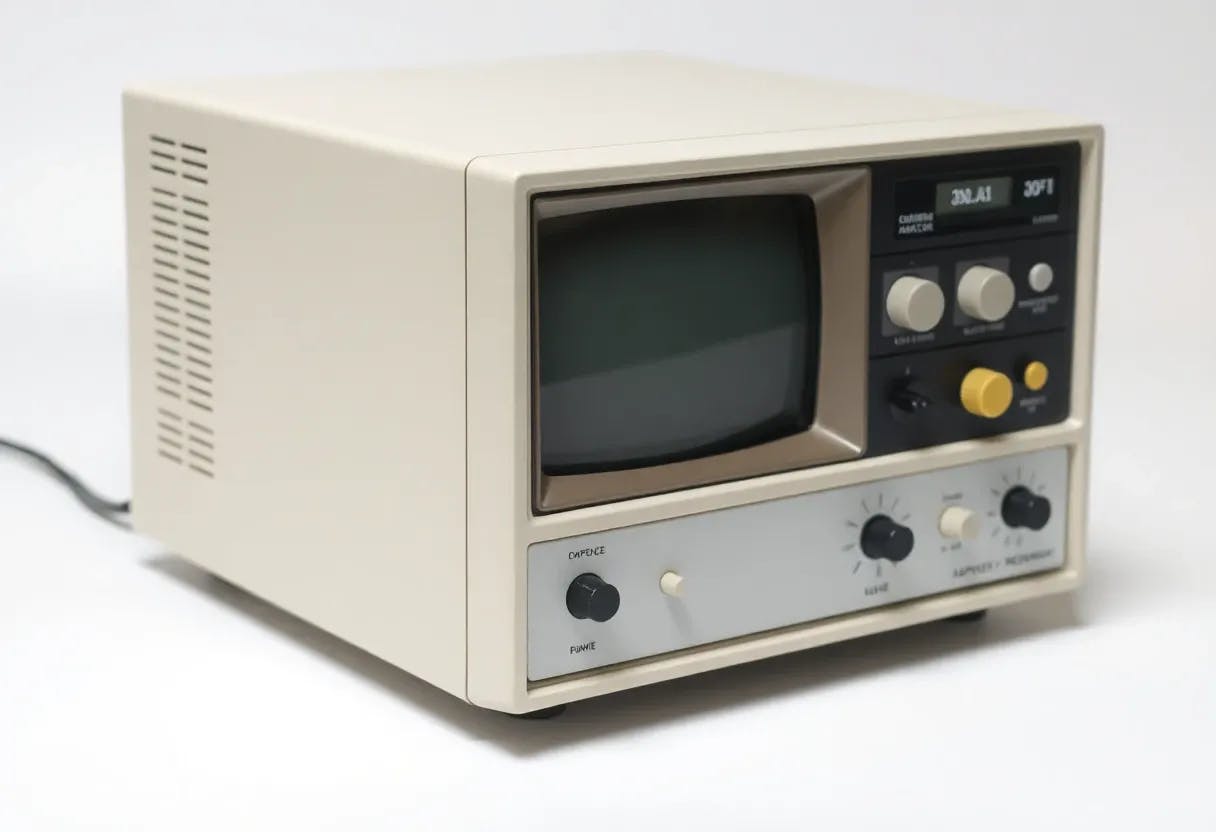There’s a mantra that social media hustlers often quote: “Choose your hard.”
Working 12-hour days is hard, but so is retiring in poverty.
Eating healthily and hitting the gym 7 days a week is hard, but so is climbing the stairs when you’re unfit and overweight.
Writing an essay that could be produced in 10 seconds with a ChatGPT prompt is hard, but so is losing your own unique voice.
ChatGPT and similar tools have been the bane of college professors in recent years, with students submitting AI-written essays full of fake quotes on subjects they hadn’t done the reading for. Professors have started to hit back, creating tests that can’t be written by a computer, from spoken assignments to the return of the blue test book.
Blue Book Blues
In a test-room setting with no phones or computers allowed, it is pretty hard to use AI to cheat when you are forced to write your answers by hand.
Some students will always find ways to cheat. It is possible to get a handwriting robot and connect it to ChatGPT to “handwrite” essays at home. Perhaps someone will soon develop a robot hand to write their assignments in the exam hall. It is also a bit strange that more colleges haven’t created a unified approach to preventing cheating in exams by using AI themselves to detect the use of certain websites or through a dedicated exam room with air-gapped computers installed. Instead of joining this technological arms race, though, professors went back to basics, back to blue books.
But by forcing students to write by hand, the professors learned one thing. The students couldn’t write.
Their handwriting looked like chicken scratches and probably required a professor of Egyptology to decipher. The students had forgotten, or never learned, the art of penmanship.
Learning How to Write… Again
With more and more of our lives spent using computers or smartphones, parents are worrying about how their children can learn this skill. “Use it or lose it” applies as much to handwriting as any other ability. One parent, soccer player Kemar Roofe, believes the solution is using journals. Aspiring athletes are probably among those least likely to get adequate writing practice, so Roofe created a soccer journal that has two purposes. First, it forces young soccer players to be accountable and analyze how they can improve as players, but it also means they get much-needed handwriting practice without realizing it.
When I was writing this article, even Microsoft Word was prompting me with certain phrases to use or not use. As every business on the planet scrambles to put an “AI-assisted” tag on their products, AI’s mission creep makes it harder to avoid. If we’re not careful, we could be giving up our own creativity over language by simply following these prompts.
As a LinkedIn post on the subject said, “Are we accidentally creating a generation who can prompt but can’t think?”
Hitting the Gym in a Robot Suit
Pen-and-paper writing forces you to write for yourself, to think for yourself. As you can’t just hit the ‘delete’ key, you have to think carefully about each word you want to use and why you want to use it. The physical act of doing something helps etch those ideas into your brain. Using AI to do your homework has been compared to wearing a robot suit to lift weights. Sure, you can impress your friends at the gym, but your muscles won’t get any stronger. AI-assisted writing might not be quite as bad as that, but to use the gym analogy again, writing by hand is more effort, but that effort is actually training.
Spending some time each day writing with a pen in a journal can force you to think about language and improve your writing.
That’s not to say you should shun AI completely, far from it. Knowing how to use AI is a key skill, and those who can’t use it will be left behind.
But in a world where everyone else is getting AI to think for them, being able to actually think for yourself will give you the advantage. Like your biceps, the brain is a muscle. Use it or lose it.
Sure, it’s harder than just getting AI to write for you. But it’s another case of “choose your hard.”


